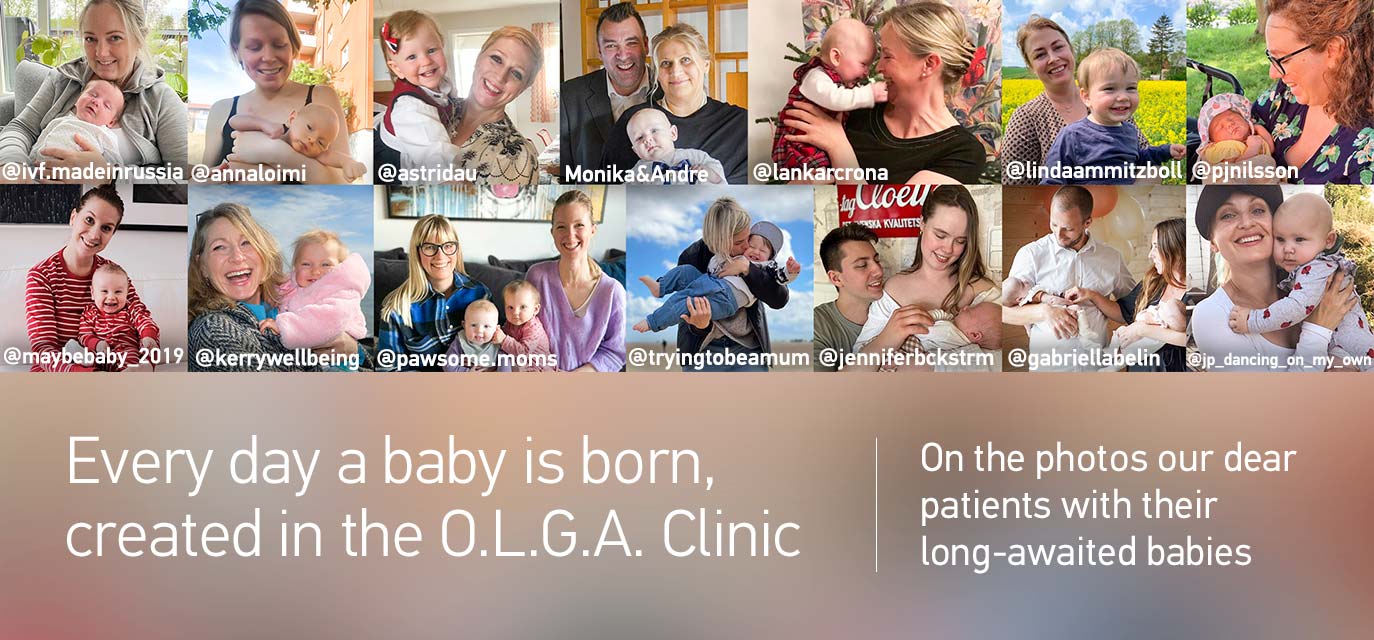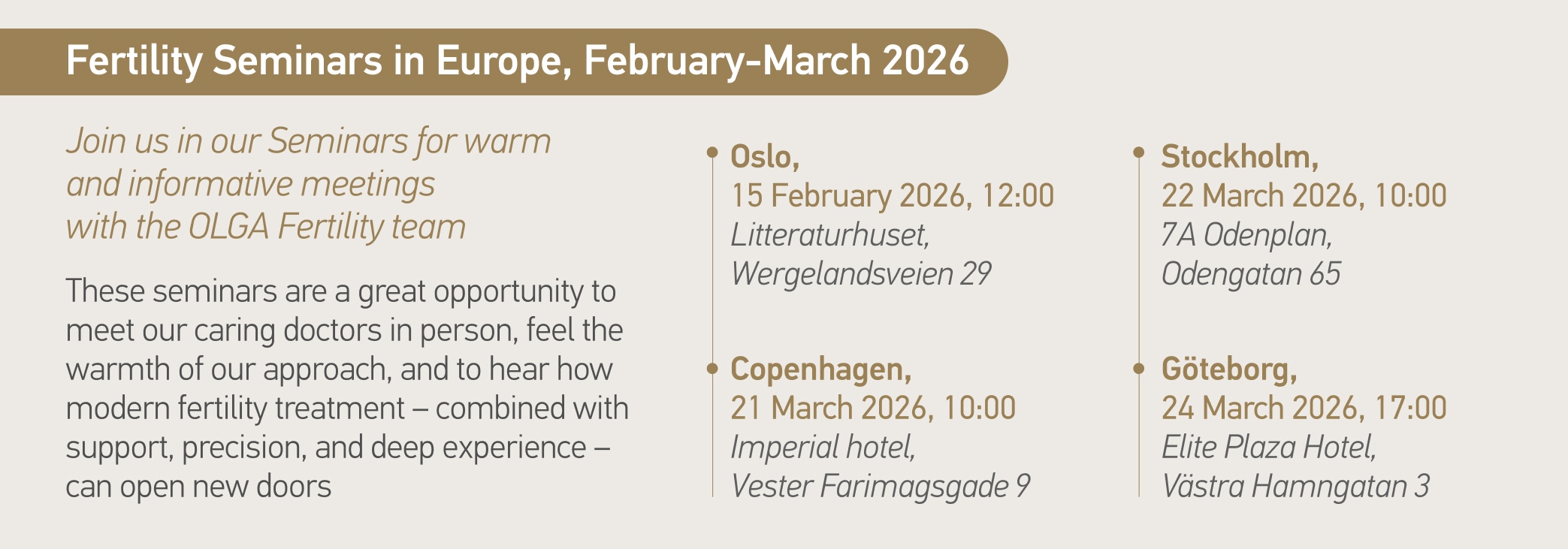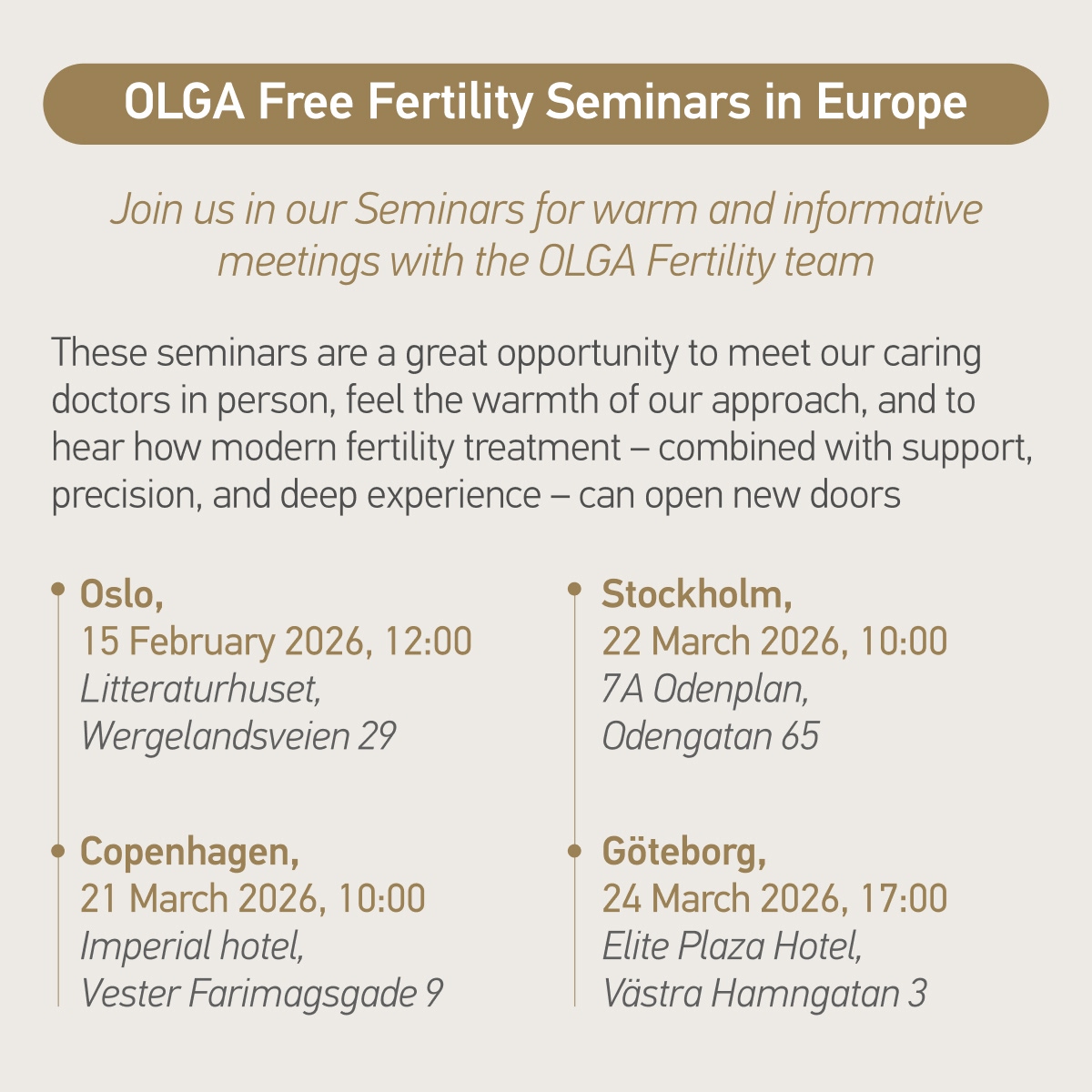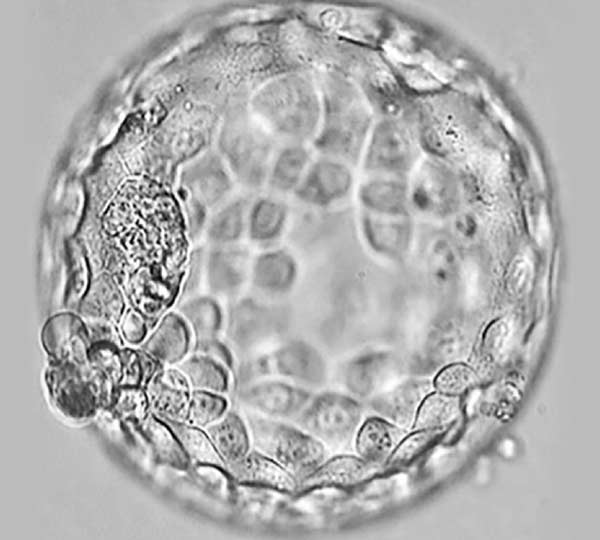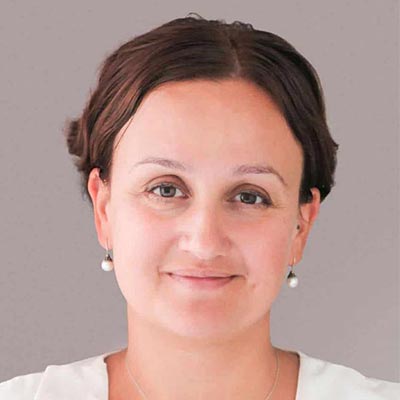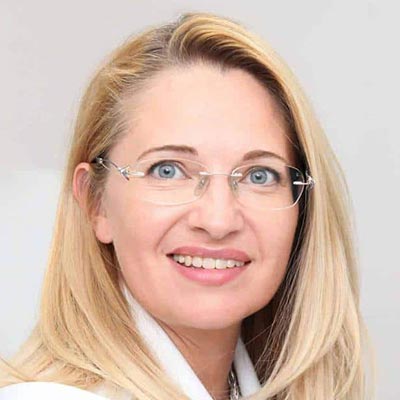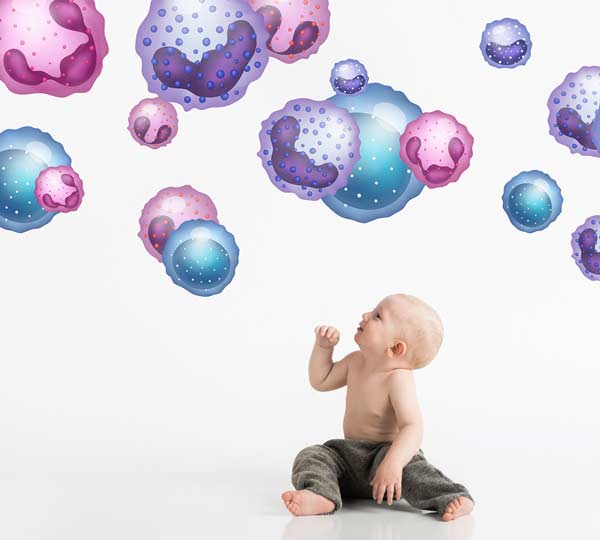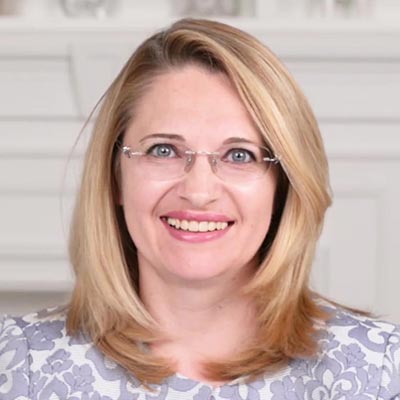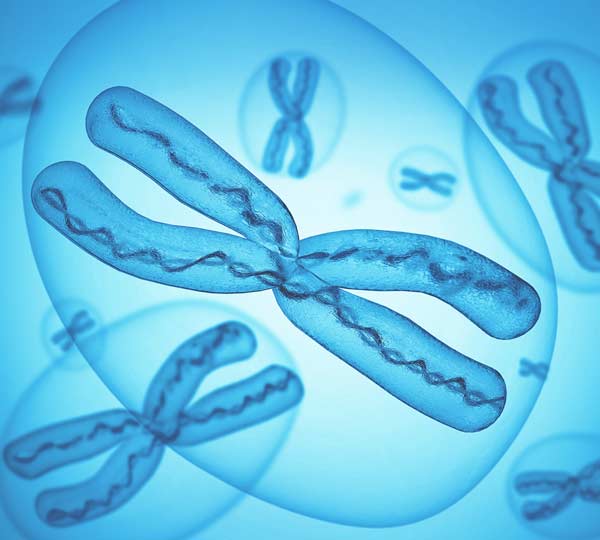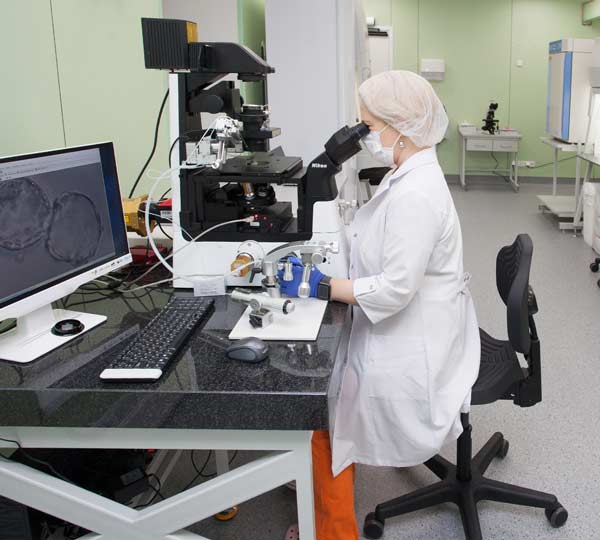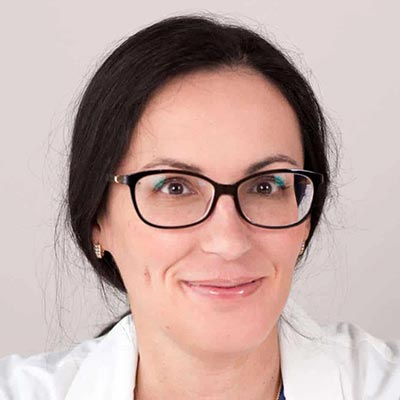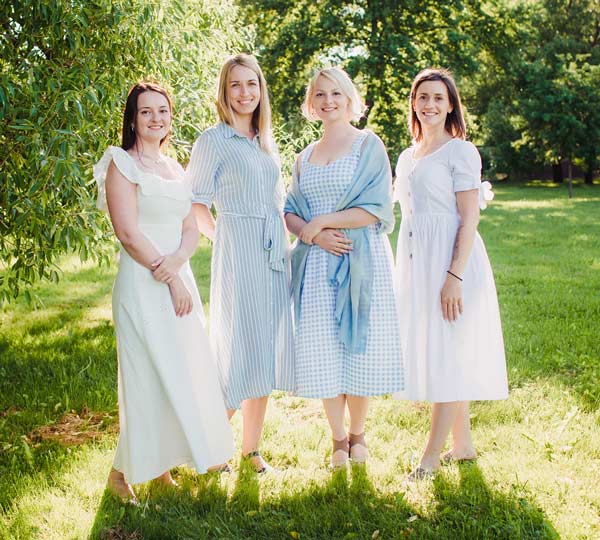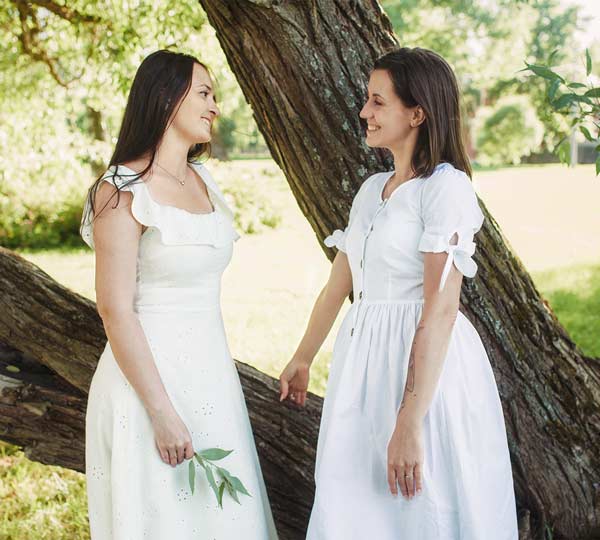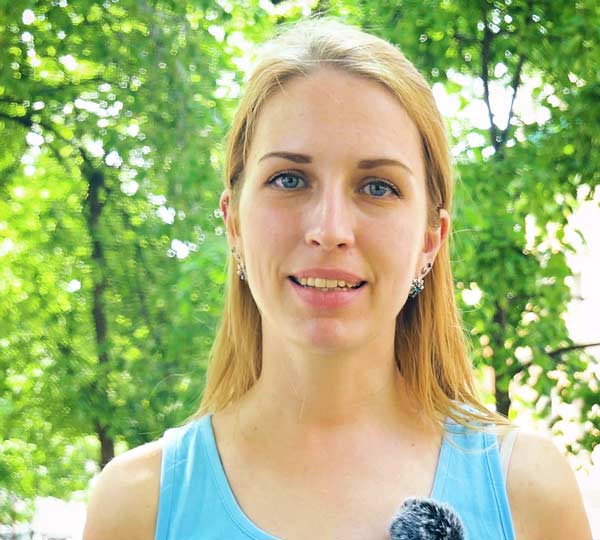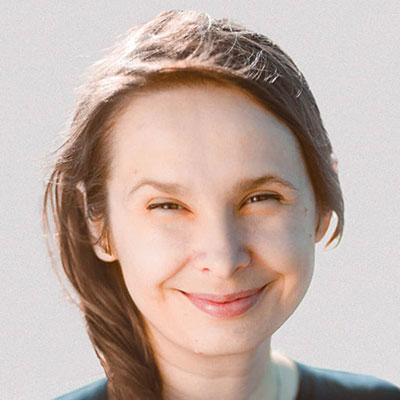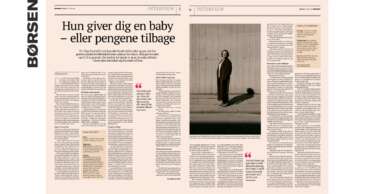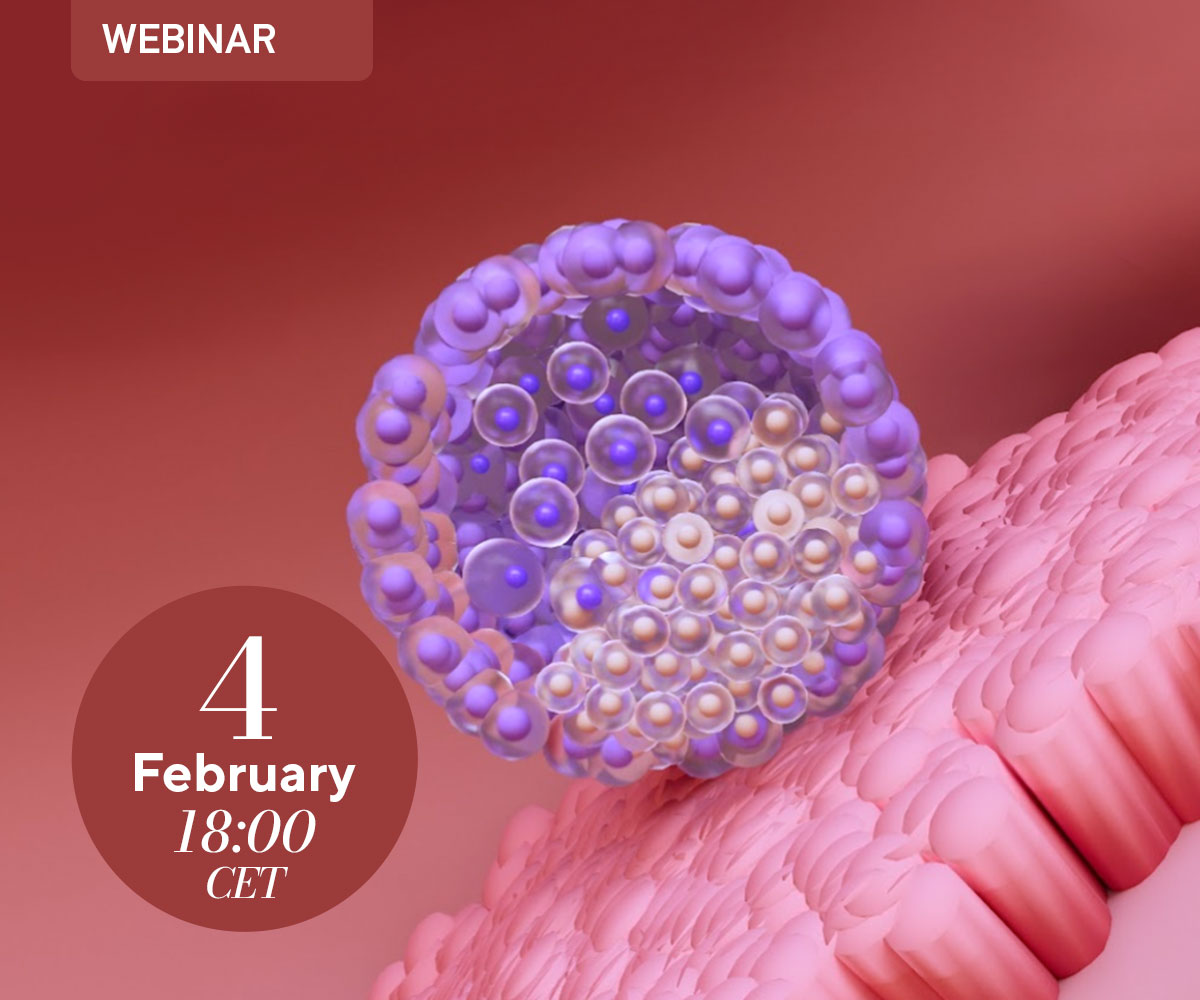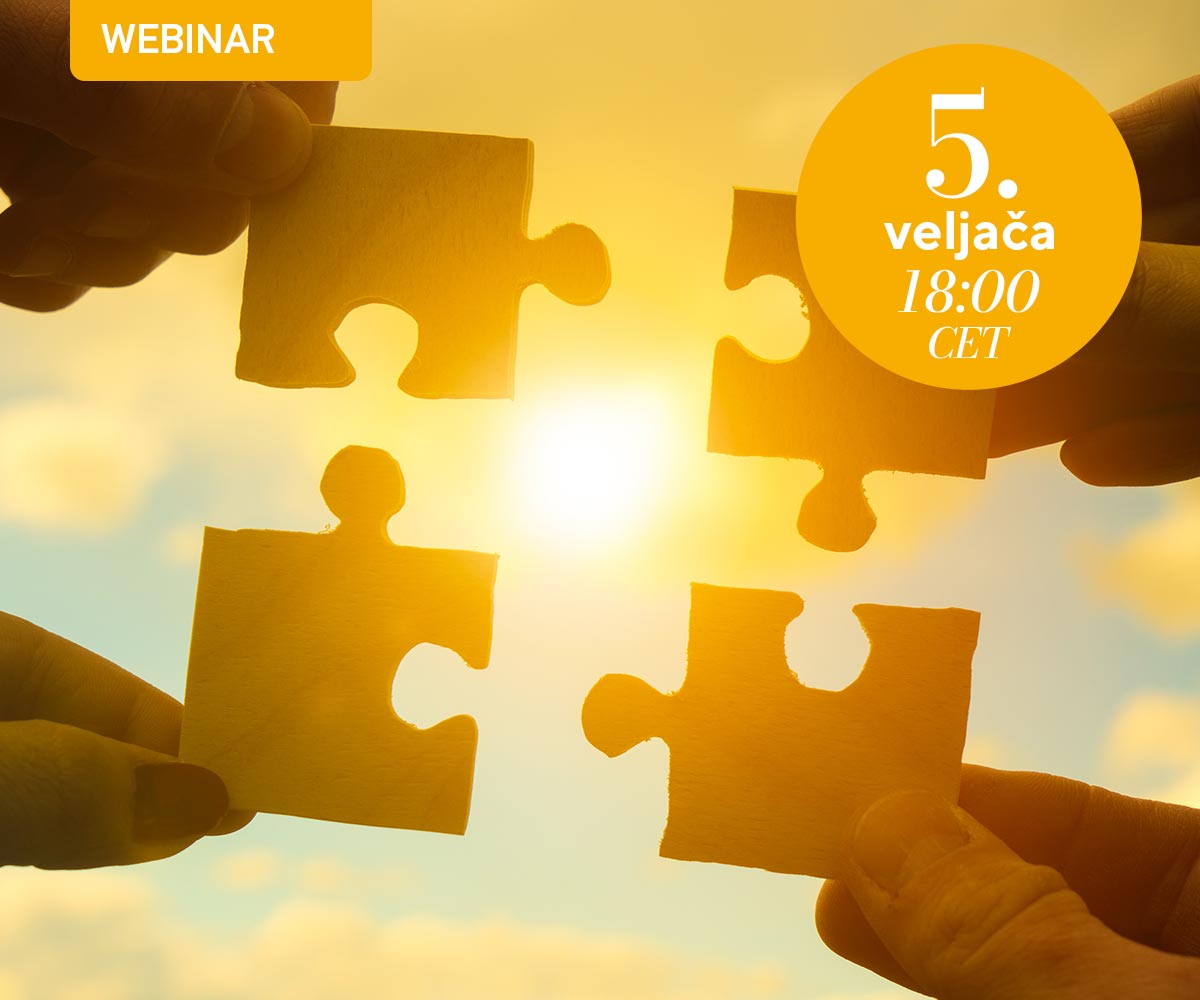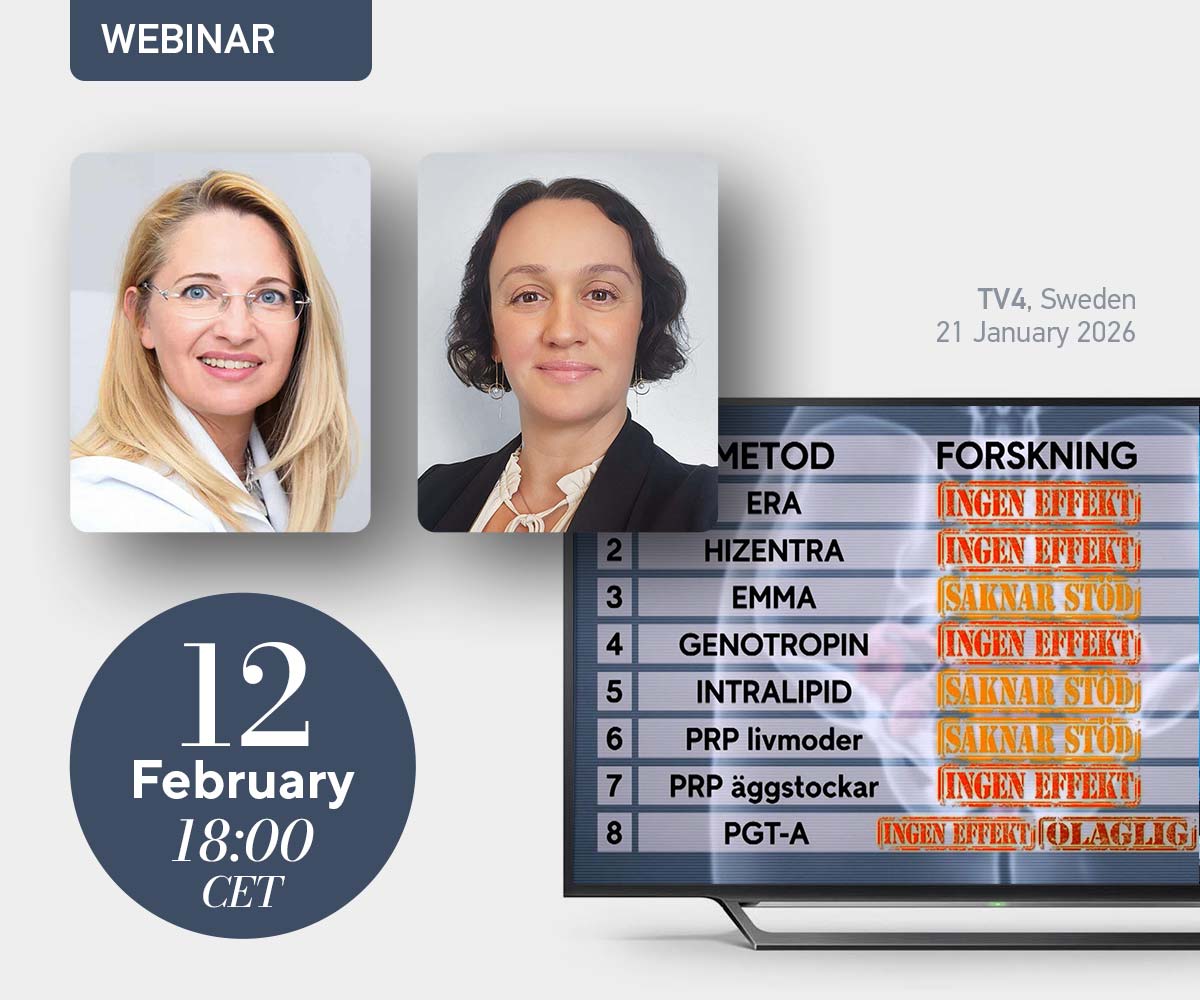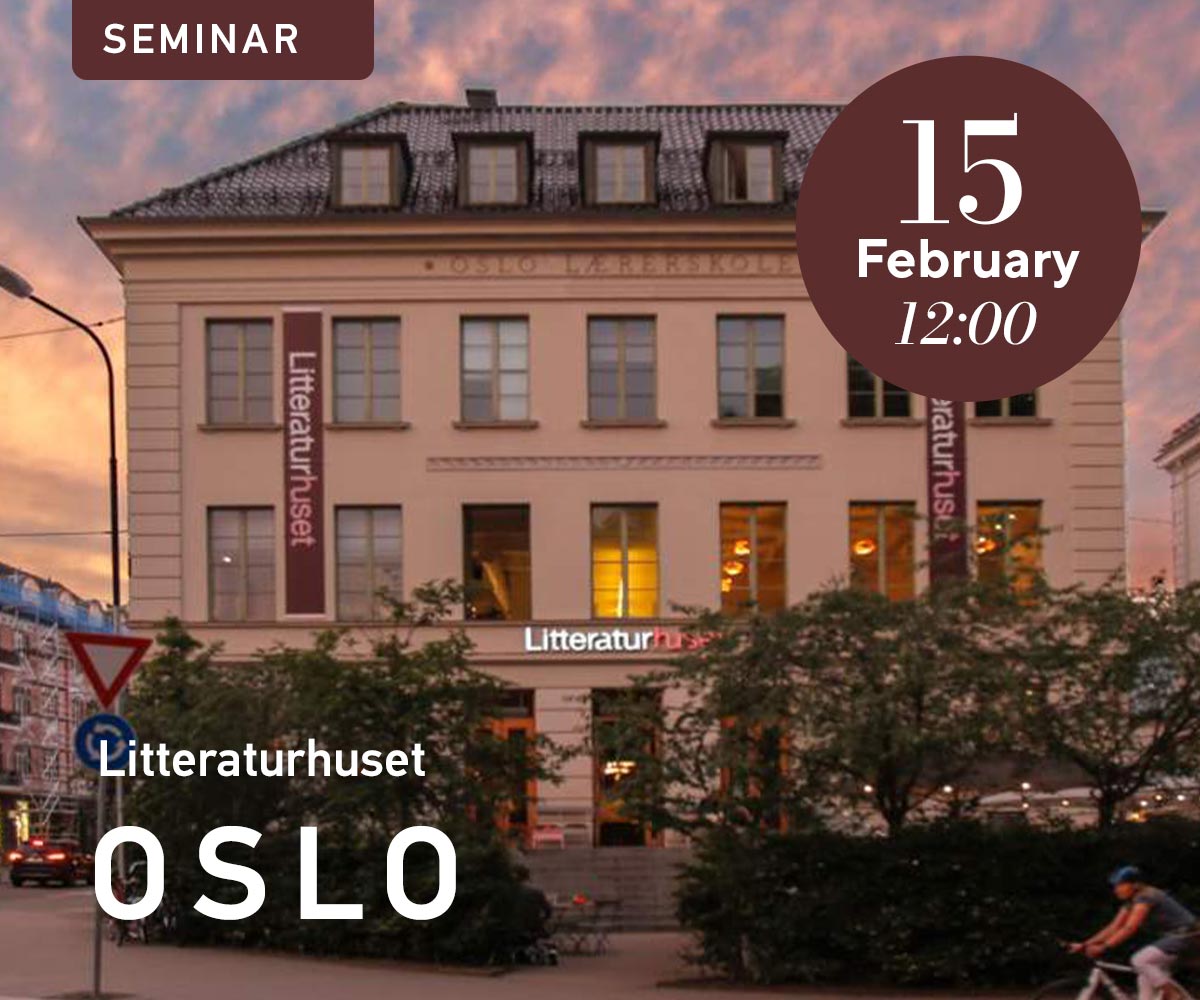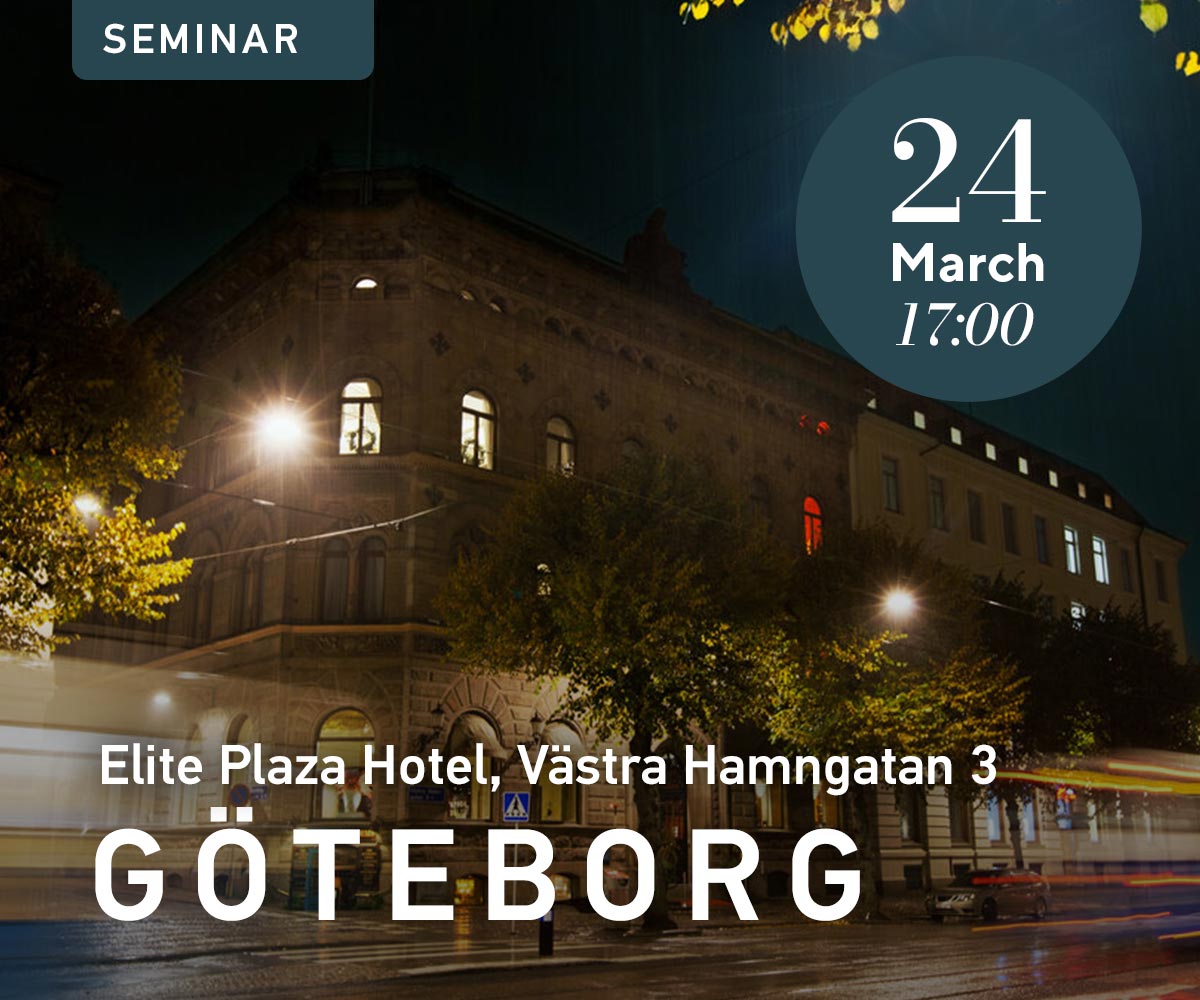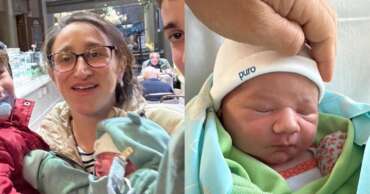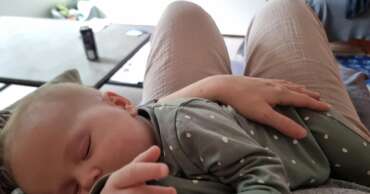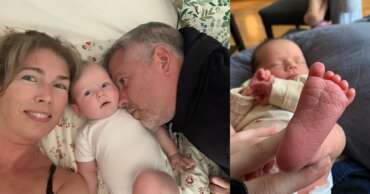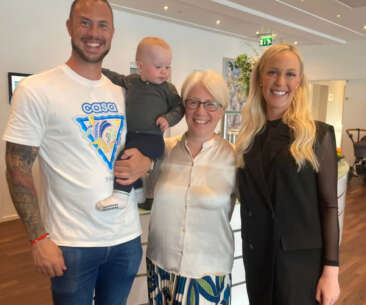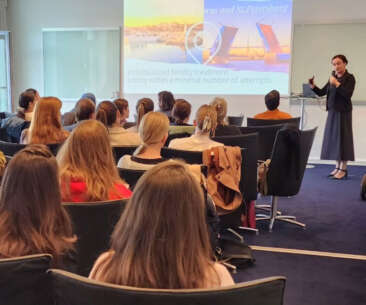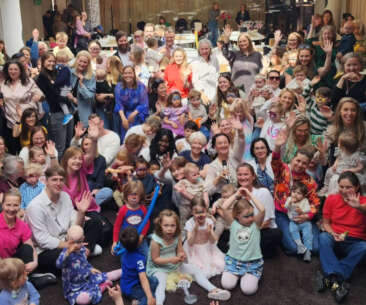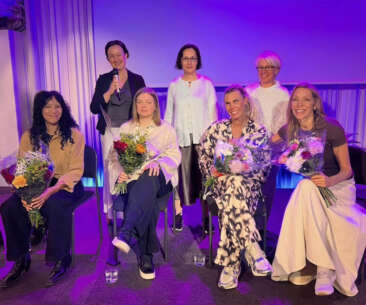Russia is one of those few European countries with no substantial legal restrictions for egg donation.
The main legislative document regulating all the ART procedures, including egg donation, is “Foundations of legislation of Russian Federation on protection of people's health” (1993, edition 1998-2002). The Chapter 35 of the “Fundamentals” is named “Assisted Fertilization and embryo transfer”. This document is of common type, mostly proclaiming the right of every woman of reproductive age for undergoing treatment with the use of assisted reproductive techniques.
Still, the above mentioned document does not regulate legal relations between participants of the treatment. Regulation of these relations becomes especially important in case of so called “third party” treatment, f.e. egg and sperm donation.
These relations are regulated by the Family Code of Russian Federation (1995), first of all by its chapters: 48 (Establishment of the child's origin), 51 (Recording of the child's parents in the Book of Birth Registrations).
The Chapter 51 of the Family Code “Recording of the child's parents…” determines the order of the registration of the child's parents. In the contest of this Chapter we are interested first of all in the paragraph 4, that says: ”A married couple that has given informed consent for ART treatment will be registered in the Birth Register as the parents of the child born as a result of this treatment".
This part of the Chapter regulates the common situation of registering as parents those who has given an informed consent for ART treatment. The determining circumstance in this case is the fact that the child is delivered by the same woman that has given her consent for ART treatment. It is not important in this case, if both partners are the genetic parents of the child. In any situation they are registered as parents of the child born with the help of ART.
According to the “Foundations …” (revision as of 20 December 1999, item 35)
- "information on fertilization in vitro and embryo transfer, as well as personal data of a donor must be secured as medical secrecy";
- information about a patient may not be disclosed to a donor;
- "a woman has a right to get data on medical genetic examination, description of appearance and nationality of the donor".
According to the decree of the Ministry of Health of the Russian Federation N 67 as of 26.02.2003 "On Application of Assisted Reproductive Technologies (ART) in Treatment of Male and Female Infertility" the following people may be egg donors:
- non-anonymous female relatives and acquaintances
- non-anonymous egg donors
Anonymous egg donors can be women of the age of 20-35, having healthy child/children.
IVF patients can't be egg donors.
Related pages in other lnguages: English Egg donation Deutsch Eizellspende Netherlands Eiceldonatie Dansk Ægdonation


